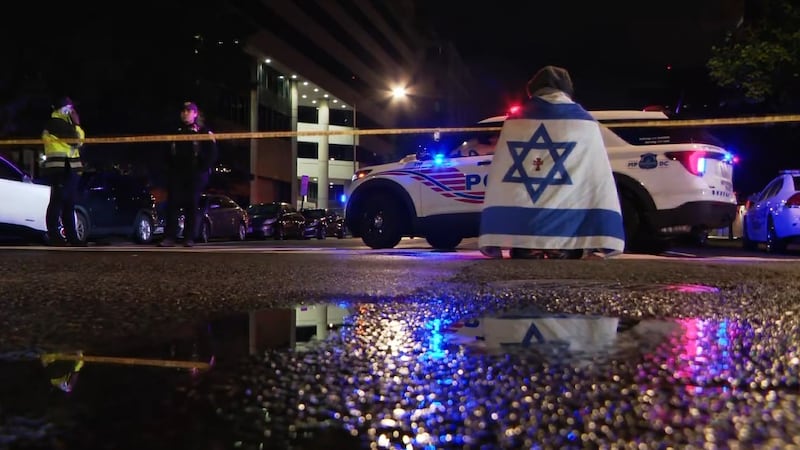Missouri lawmakers respond to proposed incentives to keep Chiefs, Royals
JEFFERSON CITY, Mo. (KCTV) - A last-minute effort to give the Chiefs and Royals a reason to stay in Missouri, as Kansas tries to lure them away, is getting mixed reaction from local lawmakers.
In the final week of the Missouri legislative session, what’s being called the Show Me Sports Investment Act came before the Missouri House as an amendment to Senate Bill 80, which initially was written to address compensation for student athletes. The amendment provides incentives to the teams in the form on bonds and a tax credit.
Rep. Melissa Douglas, a Democrat representing Kansas City, was put off by how the measure landed on the floor — without much time to research details — but she ed it because she wants to see the seasonal stadium jobs remain and have local labor employed to build a new Royals stadium.
“Had we known a little bit sooner, had a bill went through the traditional bill route, we wouldn’t have heartburn about it so much,” said Douglas. “But at the same time, we also understand that we cannot lose these teams, either one of them.”
Sen. Maggie Nurrenbern, a Democrat representing North Kansas City, has been maneuvering behind the scenes to make the measure happen. She cited the state tax revenue created by the teams.
“If, you know, this was an economic development tool to ensure that we were manufacturing more batteries in the state or manufacturing more cars in the state, we would not hesitate,” Nurrenbern said.
Some Clay County leaders have been trying to convince the Royals to consider North Kansas City is the site for a new stadium, particularly after Jackson County voters said no to a sales tax incentive for the teams.
READ MORE: Amendment to fund Chiefs, Royals stadiums es in Missouri House
The came not only from the left side of the aisle. Rep. Chris Brown, a Kansas City Republican representing part of the Northland spoke decisively.
“These are Missouri teams,” Brown said. “They need to stay in Missouri.”
SPELLING OUT THE INCENTIVES
The plan, backed by Missouri Governor Mike Kehoe, applies only to NFL and MLB teams, allowing them to make upgrades to existing stadiums or construct new stadiums.
It allows teams to get a bond up to their current state tax revenue. That comes out to nearly $29 million for Chiefs and $26 million for the Royals.
It also allows a 10% tax credit up to $50 million, and only up to half of the project.
There is a clawback trigger put in to protect Missouri: if a team relocates its stadium, headquarters or training facility to another state, the money will have to be returned.
The program would last up to 30 years.
The effort comes just a year after a vote failed that would’ve paved the way for a new Royals stadium in the Crossroads and allowed for renovations to Arrowhead Stadium. For the past year, the Royals and Chiefs have said they’ve begun exploring options separately with each franchise working on their own plans and timelines.
THE OPPOSITION
Rep. Jeff Coleman, a Republican representing Grain Valley, said he voted no because his constituents are more worried about their property taxes than keeping sports teams. Jackson County’s residential property tax assessments have been the source of controversy, legal action, and numerous bills in the state legislature.
Coleman said the legislature needs to say yes to property tax relief before he agrees to help well-funded sports teams.
“The people I’m talking to, my constituents, are saying we don’t want to have to pay any more tax until we get property tax relief, and that’s what I’ve been trying to do for the last seven years,” Coleman said. “I’m not voting for anything for these billionaires when they have all the money in the world to take care of their homes. I’m voting for the people that are here struggling, that can’t afford to stay in their own homes.”
A national group campaigning against public funding for pro sports teams also piped up with a lengthy statement arguing the benefits are overstated.
The free-market focused Center for Economic ability sent a statement saying, in part, “Stadiums are terrible economic development tools, because they spend almost their entire lives dark, empty and silent, coming to life for a few hours for gamedays or concerts before going back to being an economic black hole for weeks or even months at a time.”
WHAT’S NEXT
The amended bill ed in the House Tuesday and now goes to the Senate. The legislative session ends at 6 p.m. on Friday, so the clock is ticking loudly.
Copyright 2025 KCTV. All rights reserved.














